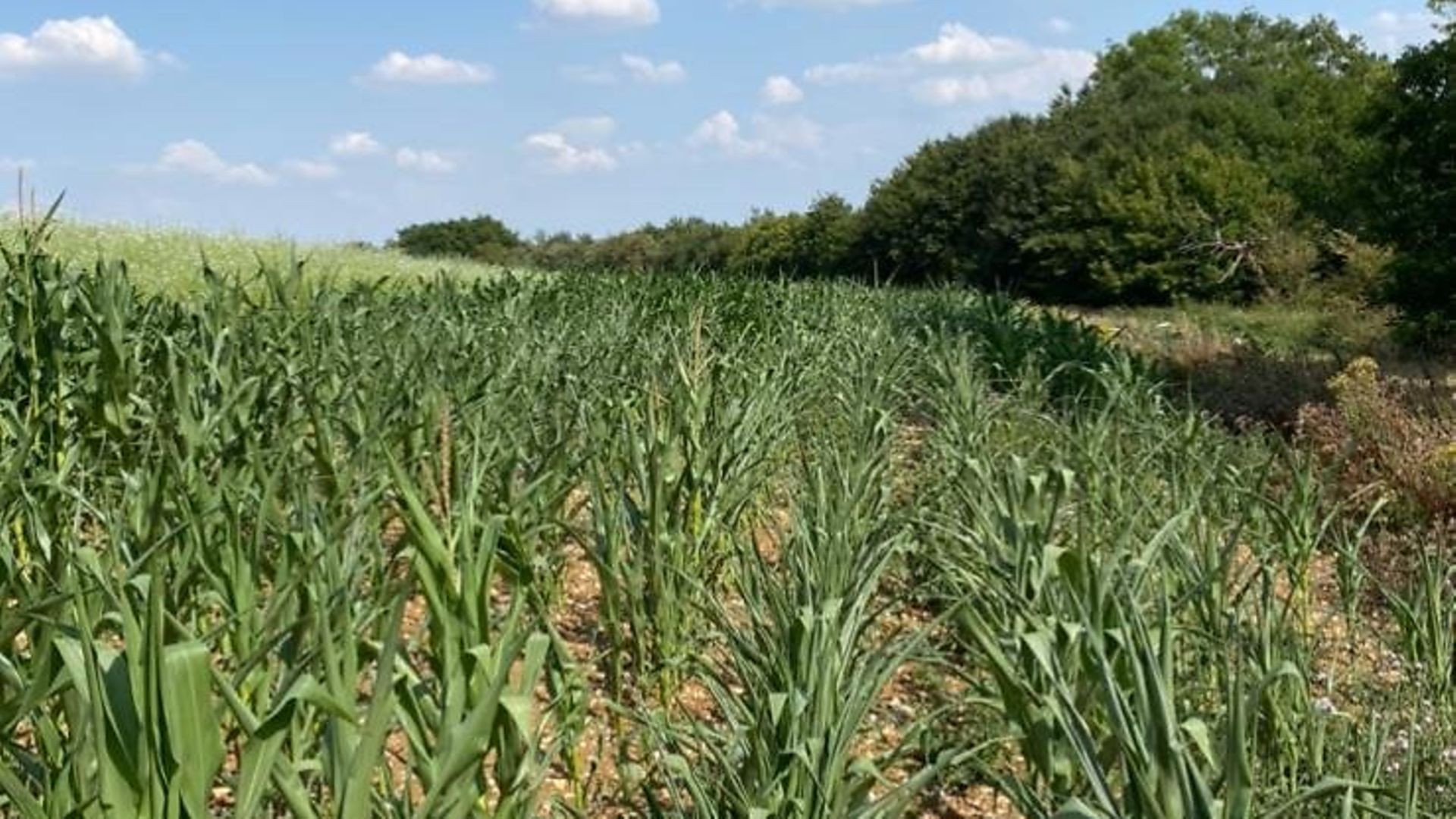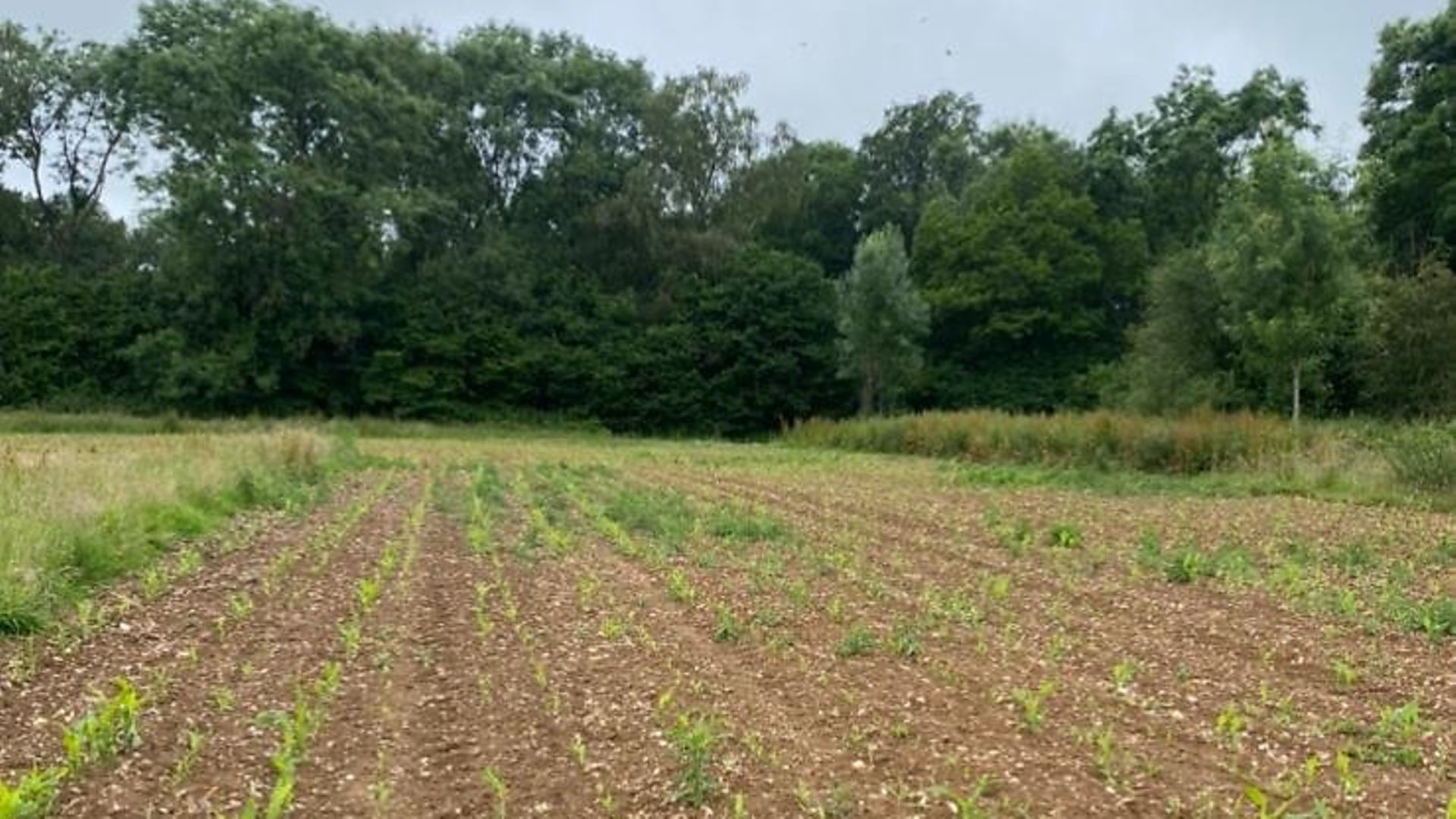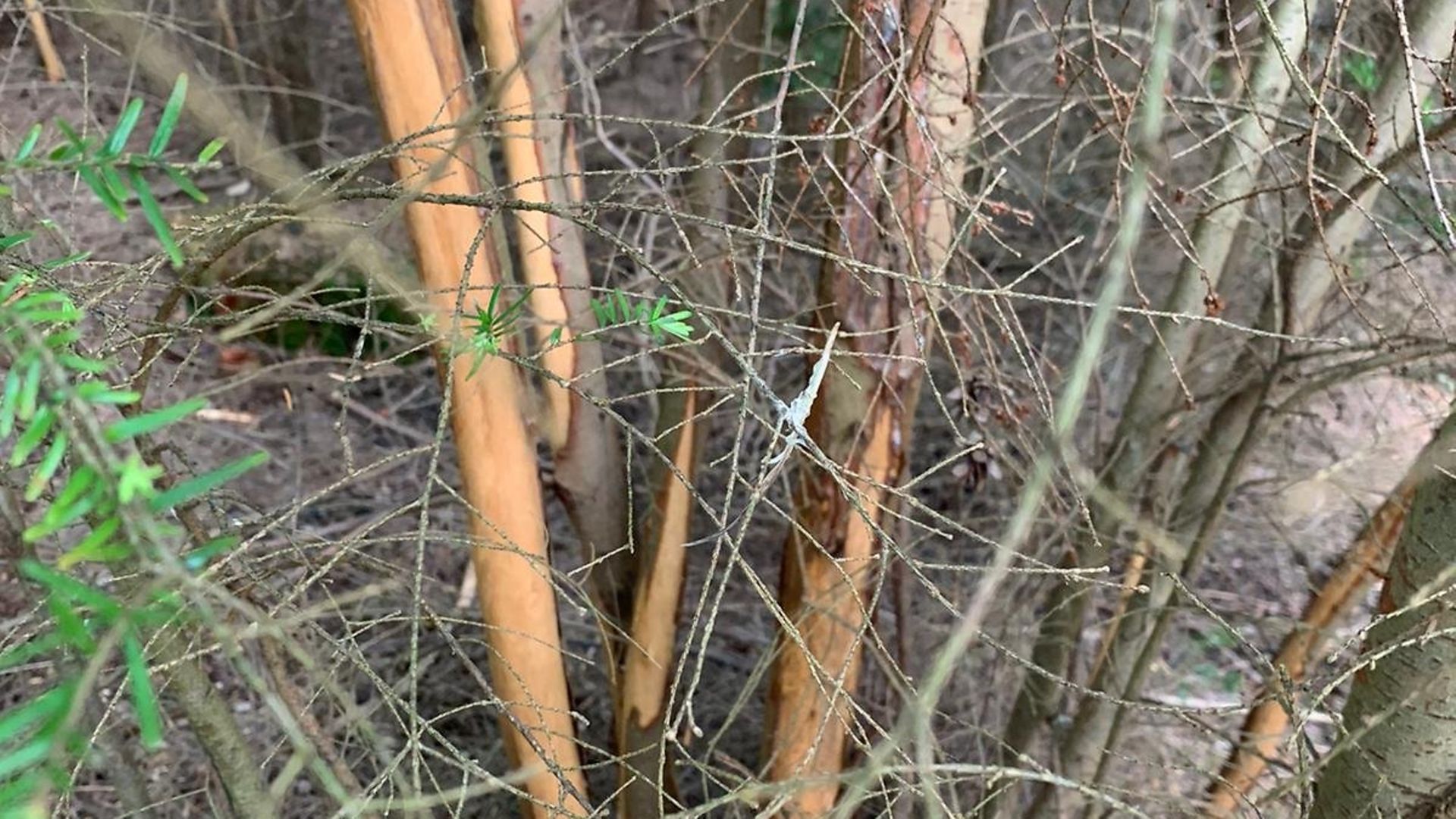Paul Howard talks through just some of the jobs and challenges he has faced as a gamekeeper in 2021...
A very popular TV programme over the last few months, which the family and I just loved, was Clarkson’s Farm. It not only showcased British farmers but also how the weather affects them and what they do. This is also true for British game shooting and no matter how prepared we are the weather is something we cannot control.
Wild bird gamekeepers are totally dependant on the weather, but for those of us in a more lowland setting the weather is usually less important. However, this year it will have affected all gamekeepers and game shoots in one way or another.
We started spring with extreme temperatures from night to day, with it dropping to below freezing during the night. This meant the soil temperature did not warm up for those who were planting game covers, which is a problem because the seeds won’t germinate and if they don’t, they won’t grow. The other problem the cold weather can cause is the survival rate of wild chicks and insects.
Following that, when it started to warm it just stayed dry – a bonus because it meant the soil temperature warmed up, but without moisture crops still won’t grow, and the insects need moisture to survive too. Even though there was a complete about turn in the weather, it still wasn’t helpful for flora or fauna. And just to mix problems up even more, when we did finally get some much needed rain, it just did not stop for weeks on end and the temperature fell with it.
 credit: Paul Howard
credit: Paul Howard
 credit: Paul Howard
credit: Paul Howard
Gamekeeping isn't just a job!
For me, the job of a keeper is not always just about gamekeeping. I feel strongly about improving standards in all aspects of our sector.
Deer management is such an important part of the work we do on the estate, so when I was approached by the NGO to host and facilitate a Deer Stalking Certificate Level One and Food Standards Agency approved wild game meat hygiene qualification, I was more than happy to help and give up my time and host this at the shoot barn at quite a busy time of year. It’s always worth it to get more people educated and qualified.
Planting trees and protecting them
There has been a huge amount of felling work done this winter by the foresters. Lots of ash was cleared due to ash dieback, and soft wood plantations were thinned and cleared. One area they cleared was left to naturally regenerate. The foresters noticed there is a large amount of damage to the trees. The extent of the damage is to almost every tree, including bark damage on the trunk. The damage hasn’t just occurred on the edges of the thickets as you would expect from deer but also in the really heavy dense cover as well.
Initially, the foresters suspected deer. On closer inspection, this was almost certainly not the case; there was little sign of deer slots or droppings which made me think that deer were not the main culprits and that something else was causing this damage. With a little more investigation, I came to the conclusion that it’s grey squirrels.
It is a fairly large area that covers almost 15 acres. Unfortunately, the area is now going to have to be mulched over and a new plantation established, although this time with broad-leaved trees. The foresters would like to deer-fence this whole new plantation, which from a sporting perspective is not ideal because it restricts our access and our stalkers’ access to areas that are useful for both game shooting and deer management. Seeing that this damage has been caused by squirrels, I think tree tubes would initially be a more effective solution.
 credit: Paul Howard
credit: Paul Howard
Controlling foxes on the shoot
Although we are not seeing many or any signs of foxes around the shoot, I cannot relax on that front. My birds are due soon, so I have continually been going out on the silage fields that have been cut and sitting in high seats over bait points.
I am quite limited on the areas I can carry out fox control with a rifle because the majority of it is woodland, meaning in the summer there is too much dense cover around. In an ideal world, I would set snares, but with the open access policy and the amount of people using the forest with dogs it is impractical. It doesn’t mean I can’t use snares, but I choose not to because we all have to think of public relations when it comes to gamekeeping and adopt a modern attitude.
That doesn’t mean I’m anti-snaring (in fact as a control method it is one of the most useful ways of controlling your fox numbers), but we must always adhere to the Defra Code of Snaring Practice, which will ensure the longevity of this vital gamekeeping tool.